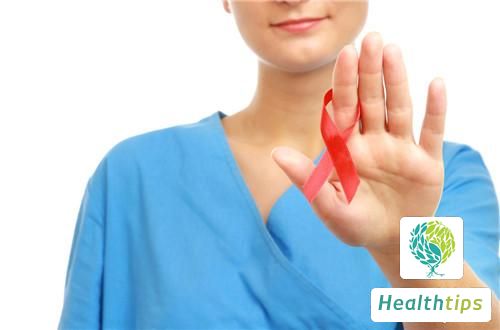Regarding syphilis, HIV/AIDS, gonorrhea, etc., they are all dreaded and considered serious contagious diseases due to their high infectivity and mortality rate. Many people want to rule out the possibility of HIV/AIDS, and generally, a negative test result after six weeks can exclude the occurrence of the disease.

HIV/AIDS is easily detectable. If the virus is detected positive within 2-6 weeks of infection, it indicates that the individual has contracted HIV/AIDS. If only antibodies are detected negative within 2-6 weeks, it can exclude the occurrence of HIV/AIDS.
Why can a negative test result after six weeks exclude HIV/AIDS? After six weeks, a specific contact test for HIV/AIDS is performed. If the result is negative, it can basically exclude HIV infection. This conclusion is primarily based on the "six-week theory", which was derived from years of practical observation by Chinese HIV/AIDS experts and comprehensive analysis of multiple samples from various CDCs. The academic viewpoint holds that after six weeks of high-risk behavior, all normal individuals infected with HIV/AIDS can basically be detected. If the result is negative, it indicates that the tested individual is not infected.
However, the following three types of individuals should be excluded: those who have had high-risk behaviors again after the initial high-risk exposure, drug users, and individuals who have recently undergone major surgery. According to the accuracy of current third-generation and fourth-generation reagent tests, almost all infected individuals can be detected after six weeks, but there may be individual exceptions.
Daily Prevention of HIV/AIDS:
1. Abstaining from promiscuous behavior and adhering to sexual morality are fundamental measures to prevent the transmission of HIV/AIDS.
2. Proper use of condoms can not only prevent pregnancy but also reduce the risk of contracting HIV/AIDS and sexually transmitted diseases.
3. Early treatment and cure of sexually transmitted diseases can reduce the risk of contracting HIV/AIDS.
4. Sharing syringes for drug use is a significant route for transmitting HIV/AIDS. Therefore, one should reject drugs and cherish life.
5. Avoid unnecessary blood transfusions and injections, and use blood and blood products that have been tested for HIV antibodies.

